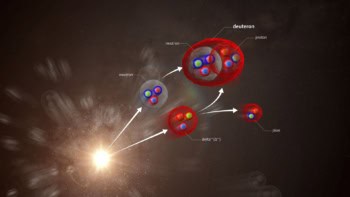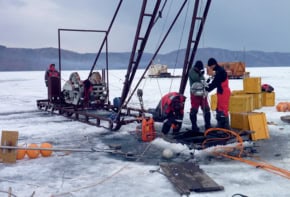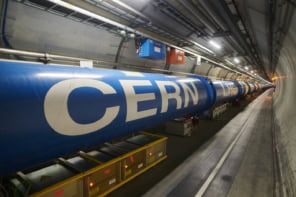France's next president has the chance to reform the country's science

It would be unusual, in most western nations, for all the leading candidates in a national election to turn up at a trade show for farmers. But such is the influence of the French farming community that this is exactly what happened at the Paris Agricultural Show last month when the conservative Nicolas Sarkozy, the Socialist Ségoléne Royal and the centre’s rising star François Bayrou all put in an appearance.
Frustratingly for the science community, however, these three presidential candidates have not shown the same interest in the concerns of scientists, despite some impressive sounding rhetoric to the contrary. Sarkozy, for example, has said that research should be France’s “number one budget priority”, while Royal has pledged to increase the country’s research budget by 10% over the next five years.
Although research has kept a relatively low profile in the election, France does attach importance to science. It spends more on research as a fraction of Gross Domestic Product than similar-sized nations such as the UK and Italy, despite a decline in recent years. It also understands the huge benefits that accrue from hosting major international scientific facilities.
The Institut Laue-Langevin neutron source and the European Synchrotron Radiation Facility (ESRF) – both world-leading labs in their respective fields – are located in Grenoble (see pp12–13, print version only). One of the main CERN sites is in France. France has also fought hard to host the €10bn International Thermonuclear Experimental Reactor at Cadarache in Provence. Indeed, in purely monetary terms, estimates suggest that France gets back three euros for every one it pays towards the ESRF – and there is probably a similar story at France’s other international labs too. Add on the benefits that these labs bring to local universities and hi-tech companies, and it is clear that France has done exceptionally well from hosting such facilities.
However, in other respects France underperforms scientifically. Pay and working conditions are poor, while universities and the laboratories of the national research council (CNRS) are overly bureaucratic and tightly controlled by the state. It is unfortunate that researchers have been so sceptical about genuine reforms, such as the new national research agency (ANR), which hands out grants on the basis of peer review (see p14, print version only). Some scientists think that politicians will pressurize the ANR to award grants only in more applied areas, while others, bizarrely, even fear that having to compete for grants will stifle creativity.
Whoever wins the presidential election will need to introduce more such fundamental reforms – such as giving universities more freedom, increasing salaries of researchers and offering postdocs more job security – and not just be lured by the prize of hosting grands projets.



